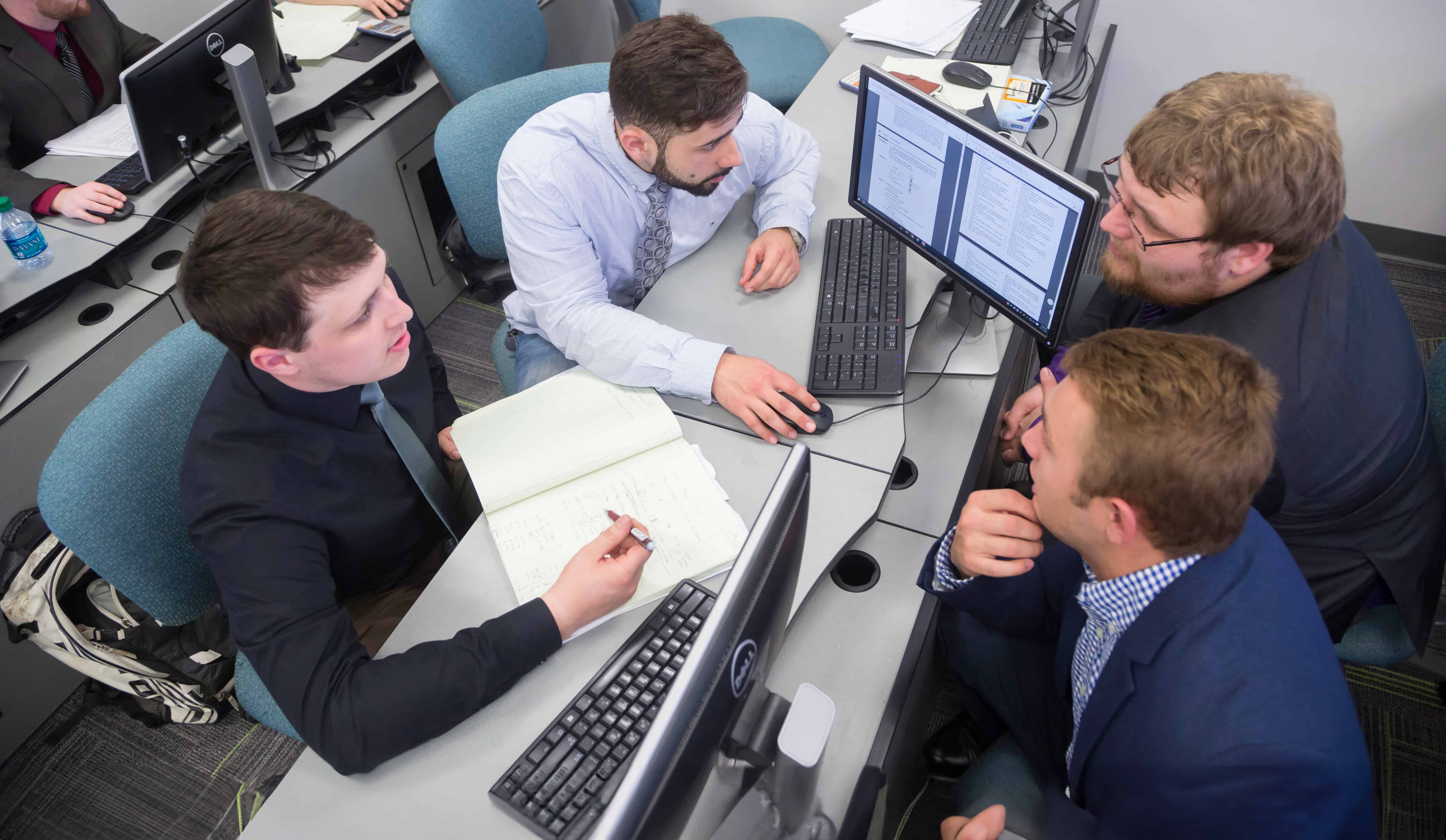From Algorithms to Intelligent Systems
From big data to healthcare, smart phones to self-driving vehicles, robotics, aeronautics, and medical devices to supply chain management, AI and machine learning are driving the future of engineering. With a graduate certificate in Artificial Intelligence from Western New England University, you can play a role in helping your organization make the most of this technology today as you make the most of opportunities to advance your career.
Taught by expert WNE faculty-mentors, this certificate consists of four 3-credit courses. Each course is in-class/online hybrid that enables students to participate either fully online, fully in-class or any combination of the two. Course Credits earned are transferable to a future master’s degree if: 1) transferred within 6 years, 2) grade is B or greater.
Study Method: Online or evening in-class sessions
Terms: Fall, Spring, Summer
Coursework: 12 credits



